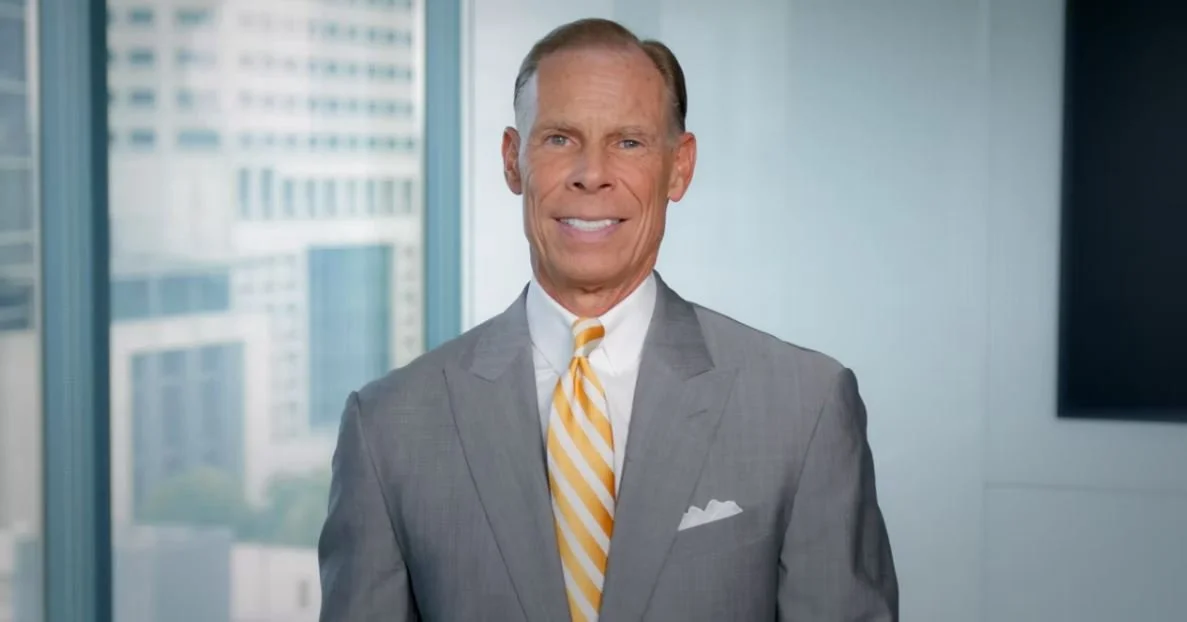 by Brad Houle, CFA
Executive Vice President
by Brad Houle, CFA
Executive Vice President
This week as we gather with friends and family to celebrate Thanksgiving we thought it appropriate to reflect upon recent investment themes for which we are thankful.
Top 10 Investment themes to be thankful for:
- The midterm elections are over. More important than the outcome is the fact that the elections have been decided and the markets have a reprieve from the election cycle until mid-2015. However, like Christmas displays now appearing in stores prior to Halloween, the 2016 election will start to dominate the news far sooner than it needs to.
- The Federal Reserve is more open and transparent than it has ever been in its history. As part of the Bernanke Fed, there was an attempt to be more open and transparent relative to communicating interest rate moves to the markets. This transparency has been continued with the Yellen Fed and has been effective in setting the expectations for investors as to the next moves of the Federal Reserve. This openness helps to mitigate the uncurtaining around Fed actions.
- Unemployment is at 5.8 percent. At the end of 2009 unemployment was at nearly 10 percent. While the labor market has been painfully slow to heal, the rate jobs are being added each month means we should reach theoretical full employment sometime in 2015. Theoretical full employment is thought to be around 5.4 percent unemployment, as every person of working age cannot be employed in the economy due to a variety of reasons.
- Oil prices have declined precipitously this year. While a decline in oil prices has been a headwind for energy stocks, it is great for U.S. consumers. When gas prices decline, it directly puts money into consumers’ pockets and should help consumer discretionary stocks.
- The municipal bond market has extraordinarily low default rates. Despite the recent default in Detroit and Puerto Rico's widely publicized troubles, the municipal bond market defaults are exceedingly rare. According to Moody's, the default rate for the entire 43 years in which the data is available is .012 percent.
- The Federal Reserve is expected to raise short-term interest rates sometime in 2015. This is good news because if this does indeed happen it demonstrates the strength of the U.S. economy. If the Federal Reserve is compelled to raise rates to keep the economy from overheating, it speaks volumes about the robust economic growth in the U.S.
- The United States has a healthy level of inflation in the economy. Inflation as measured by the Consumer Price Index is running at around 1.7 percent annually. Too much inflation in an economy is damaging, such as what was experienced in the United States in the 1970s. Conversely, too little inflation can be toxic to an economy. Deflation is when inflation turns negative and prices grind lower. This can cause a negative feedback look whereby consumers and businesses delay purchases in hope of getting lower prices
- The U.S. dollar is strong. It is said that money flows where it is treated best, and, with the robust U.S. economy, our dollar is appreciating against many foreign currencies. This will spur foreign investment in our financial markets.
- The current economic cycle shows no signs of overheating. A question we get asked frequently is how much longer does this business cycle have to go? Economic cycles die of overheating, not old age. This has been a painfully slow economic recovery that has been around for approximately 5 years. A slow growing economic expansion with no signs of a bubble in the economy has the potential to last.
- Corporate earnings remain strong. According to FactSet Research, of the 487 companies in the S&P 500 that have reported earnings for the third quarter of 2014, 77 percent have reported earnings above the mean estimate and 59 percent have reported sales above the mean estimate. This equated to a blended earnings growth rate of 7.9 percent for the previous year as of the end of the third quarter.







